As the sun set behind grey clouds, the natural daylight that illuminated Mamat’s home is now replaced with the harsh white light from our mobile phones. Mamat is a villager living in Kg. Sg Sawak, an Orang Asli village located approximately one hours drive from the town of Muadzam Shah, Pahang. Home to 27 families, Kg. Sg Sawak has no access to electricity.
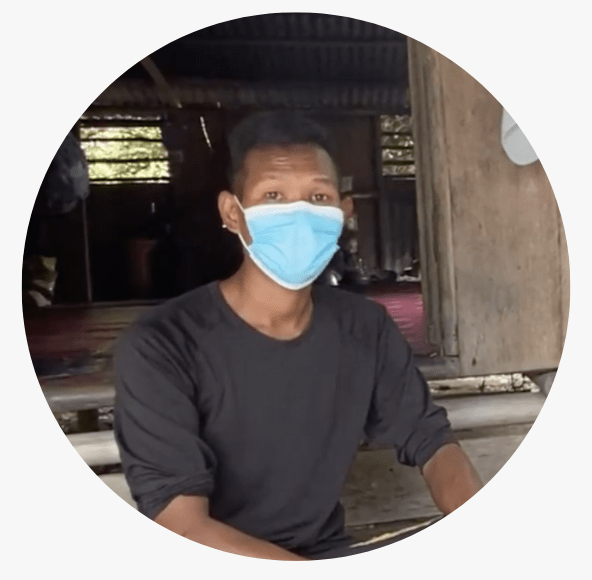
“This village has no electricity, it is difficult for the villagers here. When there’s no electricity, it’s very difficult for us to work and for the children to study at night.
Raziman, a villager from Kg. Sg Sawak
In an age where electricity is a part of our daily lives—from powering lights to charging our mobile devices—it is unimaginable to know that there are still many families living in off-grid villages with little to no electricity.
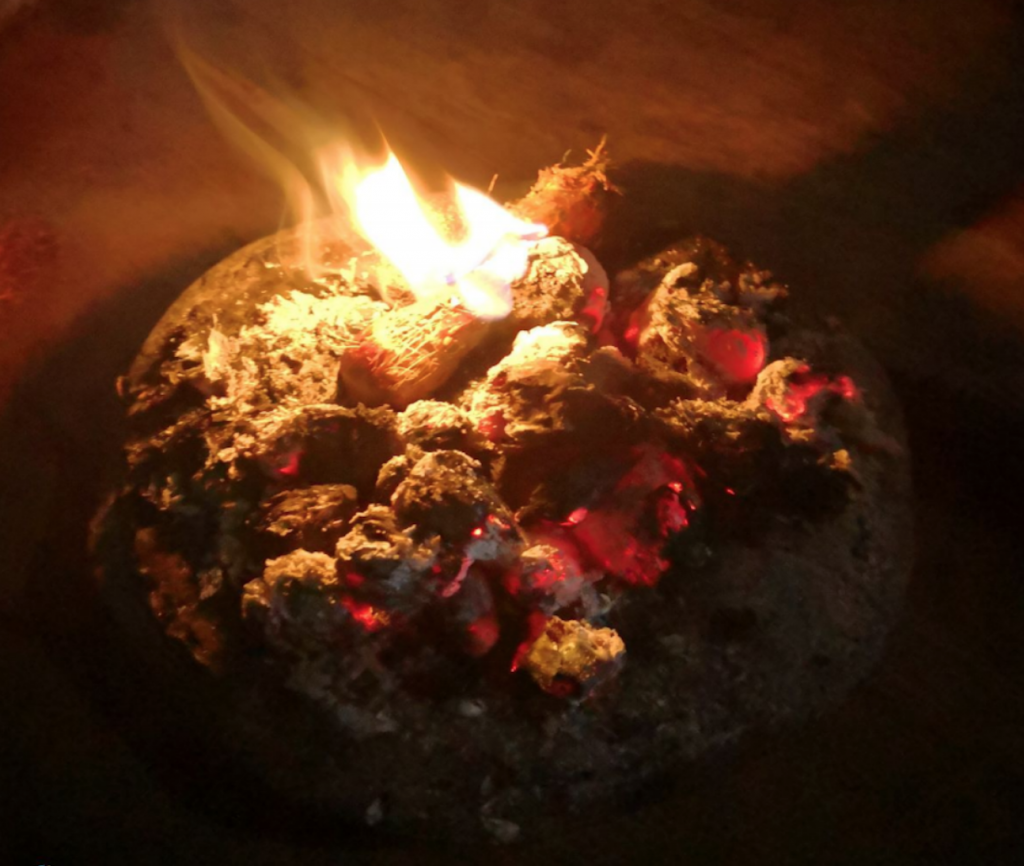
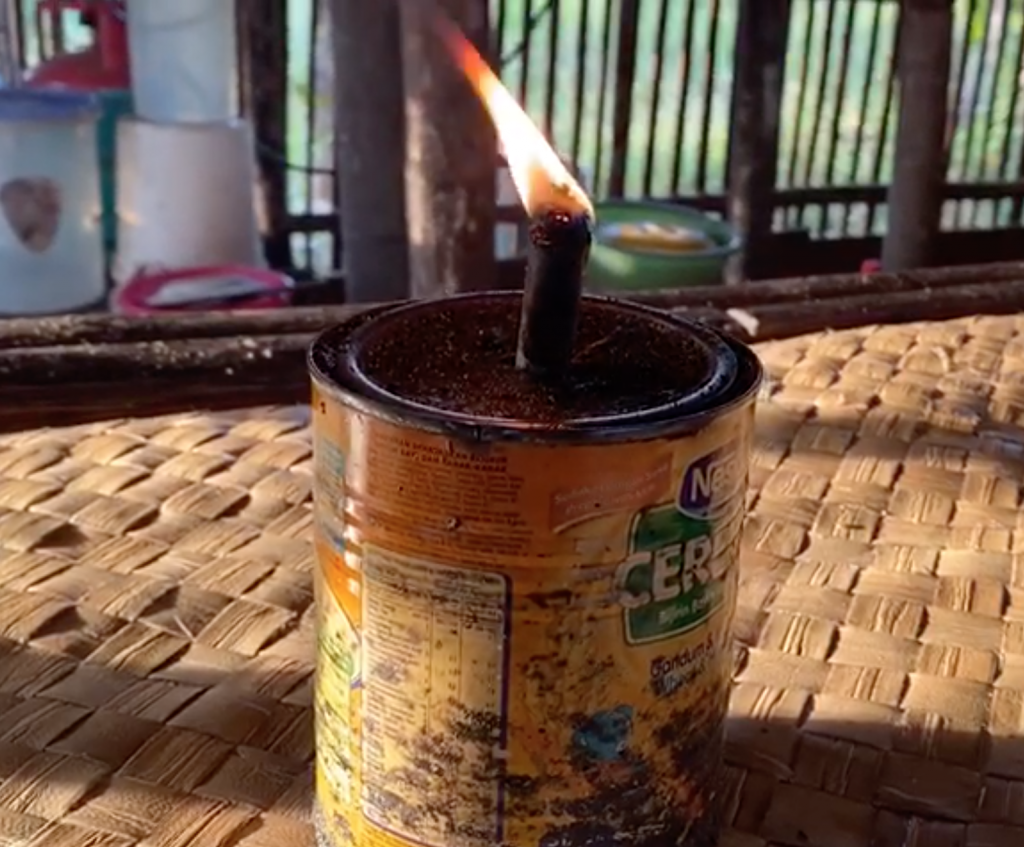
When families have little or no access to energy, many will resort to the use of costly and unreliable alternative sources such as burning diesel lamps, palm fruits and candles. These sources are often costly yet they provide little illumination and emit dark smoke that puts the health of the community at risk.
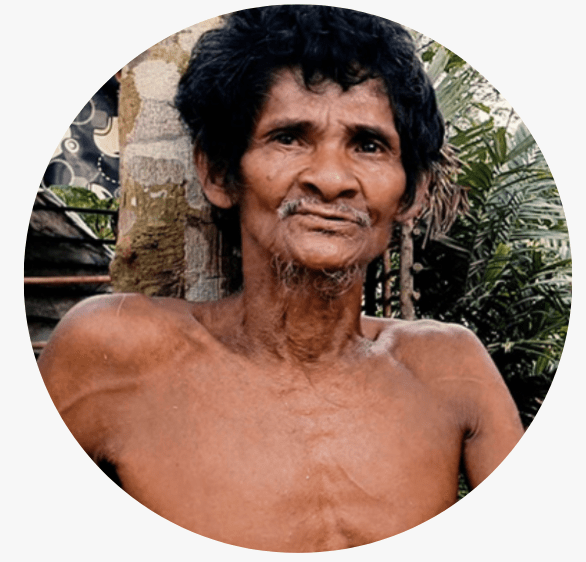
“Because there’s no electricity, I would just burn palm fruits. I could not afford to buy diesel for diesel lamps. Even to charge my phone, I would have to go out and pay. It’s really difficult, who can bear this?”
Incu, an elderly villager from Kg. Kemechan
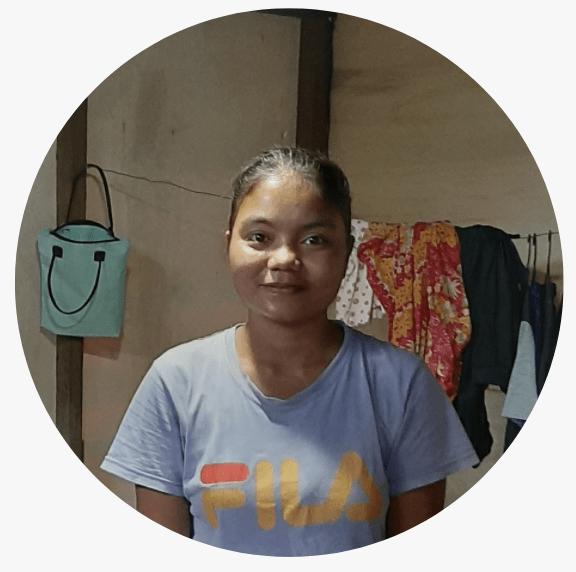
“I used candles to light up my home, but my children always cried because they were uncomfortable sitting in the dark.”
Sarina, a mother from Kg. Langkap
With only 8 hours of sunlight to be productive, families find it difficult to carry out daily household chores and income generating activities, while children are unable to study or complete their homework at night.
Access to education is already poor in many underserved Orang Asli communities and lack of electricity makes the situation worse for them.
During our visit to Kg. Sg Sawak, we came across a group of children, reading the alphabets – A, B, C, D– aloud with their community teacher. Raziman later shared that the children in the village have great interests in learning but many were falling behind in their studies as they are unable to study at night.
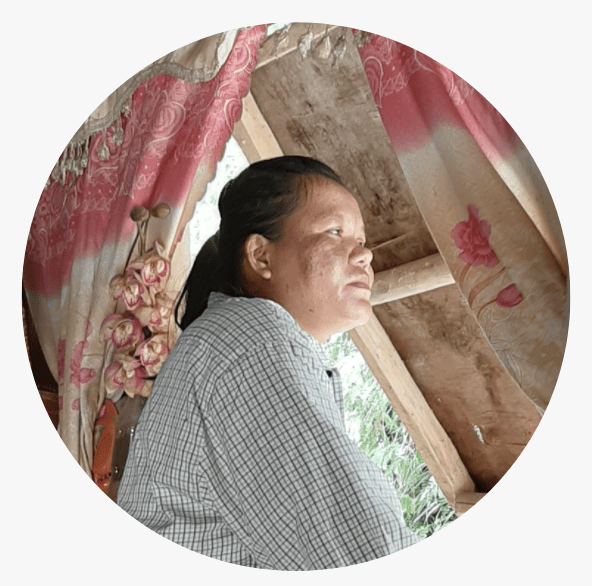
When children want to study or when we want to gather together to cook and there’s no electricity, it’s difficult. Like right now, because of Covid-19, the children have to learn from home, but sometimes we can’t even charge the battery on our handphones. The children are being left behind in their studies.
Julaina, a villager from Kg. Sg Sawak
Improving Access to Renewable Energy
To improve access to energy, we introduced a cost effective and easy-to-use SunKing Home solar lights to address the daily energy needs of Orang Asli families. After installing solar lamps and phone chargers in 63 households across 6 Orang Asli villages in Pahang, 63 families are now able to illuminate their homes at night.
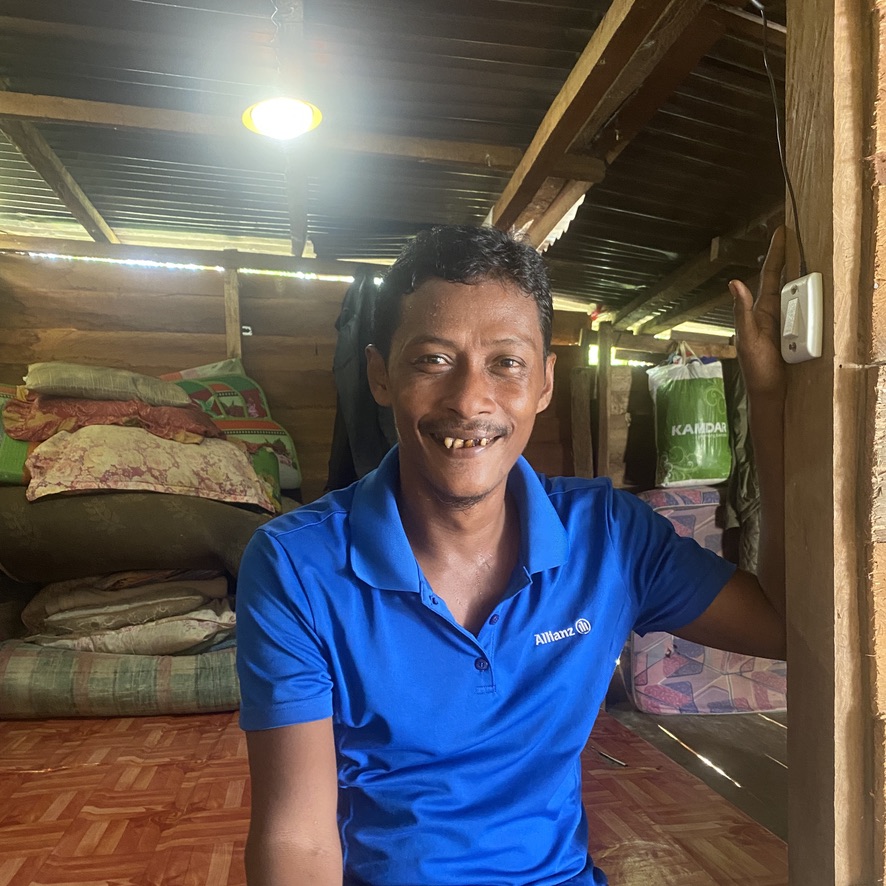
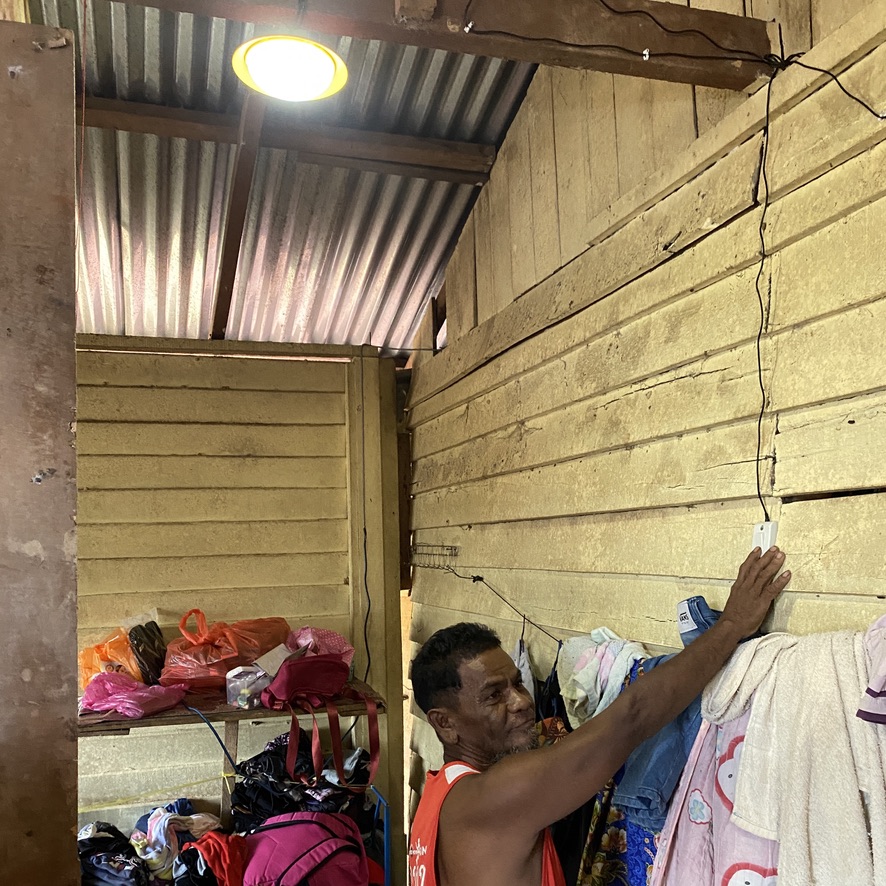
Now, we are more happy because we are able to carry out activities and work at night. Even the children can study, so I’m happy.
Raziman, a villager from Kg. Sg Sawak
By having solar lights to illuminate homes at night, families are now able to reduce their energy expenditure and health risks. Families will also have more productive hours at night, allowing them to cook, carry out household chores and income-generating activities with ease. Children will also be able to study at night.
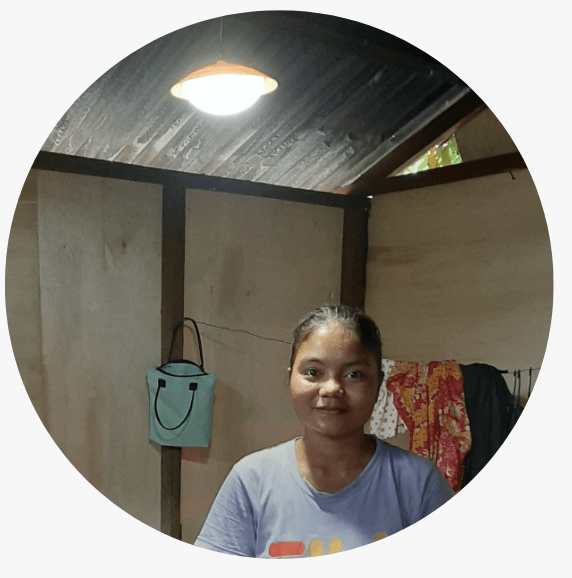
“I can cook and do the dishes more efficiently now. It is especially useful when we have guests over and we no longer need to converse ithe dark as the house is so much brighter. Previously my kids always cried because they were uncomfortable sitting in the dark because we only used candles.”
Sarina, a villager from Kg. Langkap
The All-Lights PayGo project, implemented in partnership with EPIC and Z Zurich Foundation strived to address the needs of Orang Asli families by improving access to renewable energy.
Written by:
Lauren Chew, Communications Officer






